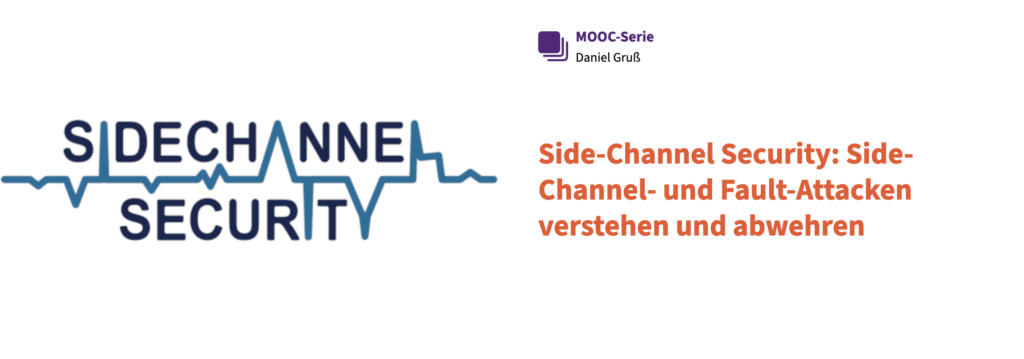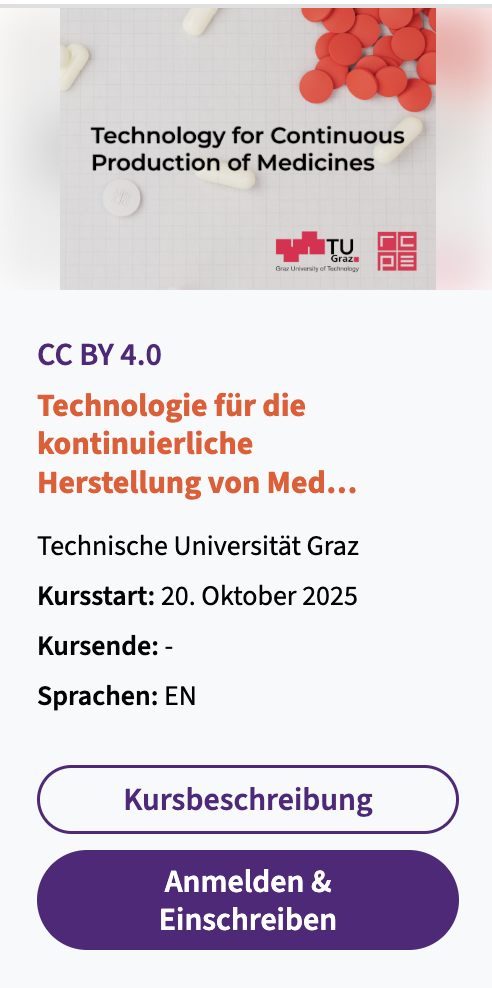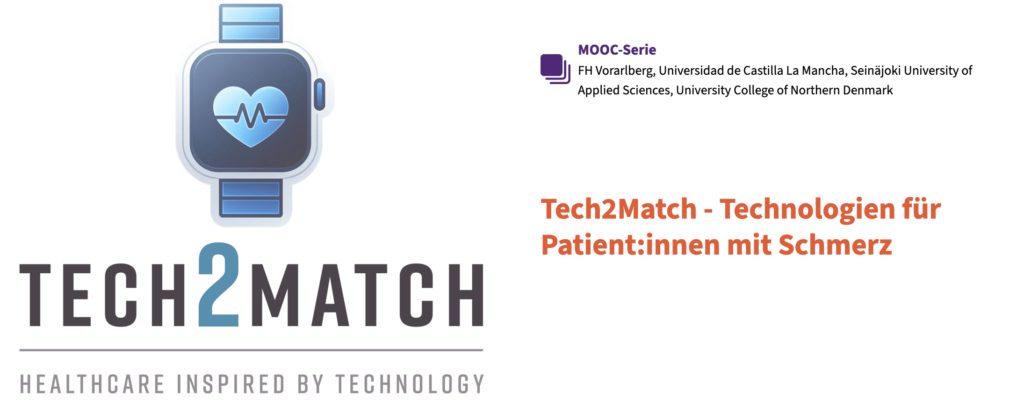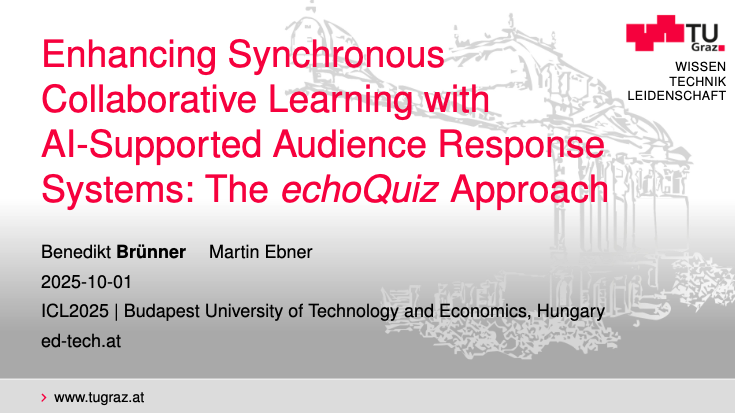
Diese Woche hat die TU Graz nicht nur einen MOOC, sondern gleich eine ganze Serie aus insgesamt 6 MOOCs gestartet „Side-Channel Security: Side-Channel- und Fault-Attacken verstehen und abwehren„
Side Channels sind subtile und leistungsstarke Mechanismen, die sensible Informationen auf indirektem Wege preisgeben, beispielsweise über Timing, Stromverbrauch oder Speicherzugriffsmuster. Diese Kanäle haben in einigen der folgenschwersten Sicherheitslücken der letzten Jahre, darunter Meltdown und Spectre, eine entscheidende Rolle gespielt.
Diese umfassende Serie, die vom international renommierten Experten Daniel Gruß unterrichtet wird, besteht aus sechs miteinander verbundenen Kursen, die eine praktische und vertiefte Auseinandersetzung mit Side-Channel- und Fault-Attacken bieten. Sie richtet sich an Studierende, Forscher:innen und Fachleute, die verstehen möchten, wie solche Angriffe funktionieren und wie man sich sowohl in der Software als auch in der Hardware dagegen verteidigen kann.
Jeder MOOC kann natürlich einzeln gemacht werden: [Link zur MOOC-Serie]







